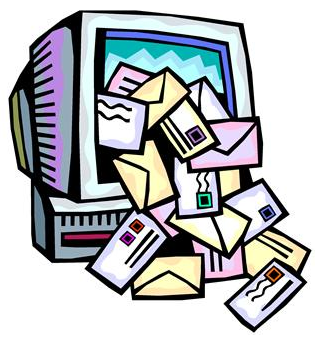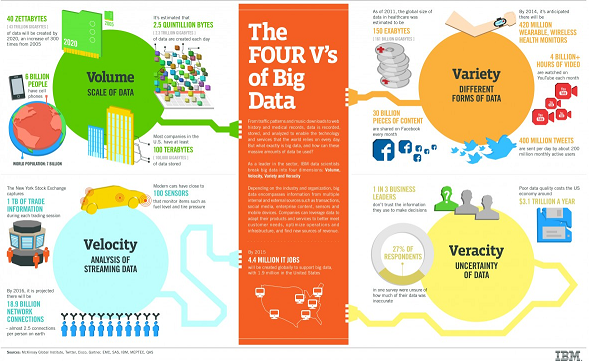Believe it or Not, Apple v. Samsung is Still Going Strong: eDiscovery Case Law

Remember, the Apple v. Samsung case? We covered this case so much last year that it had its own category in our four part annual case law review (where we covered 68 unique cases!). We took a break from covering it this year to focus on other cases where more significant eDiscovery rulings were taking place. Nonetheless, it appears that Samsung may, just may, finally have to pay some damages to Apple for patent infringement.
According to Law 360 (subscription required), on Friday, U.S. District Court Judge Lucy Koh granted Apple’s motion for partial final judgment in the case that Apple lodged against Samsung in 2011 (almost as long as this blog has been around!). “The court is bound to follow the Federal Circuit’s decree as the law of the case,” Judge Koh said in granting the motion.
The Federal Circuit last month rejected Samsung’s bid to delay implementation of an order that it pay Apple $548 million in damages while Samsung appeals the ruling to the U.S. Supreme Court. In a brief order, a three-judge Federal Circuit panel denied Samsung’s motion asking the court to hold off on issuing its mandate while it petitions the high court for a review. Samsung’s motion argued that a retrial on damages is likely and a stay would be more efficient, but Apple quickly argued that Samsung hadn’t given any reason why the Supreme Court would even agree to hear the case, let alone overturn the Federal Circuit’s ruling.
Apple won several battles with Samsung, including ultimately being awarded over $1 billion in verdicts (ultimately reduced to the current $548 million), as well as a $2 million sanction for the inadvertent disclosure of its outside counsel firm (Quinn Emanuel Urquhart & Sullivan LLP) commonly known as “patentgate”, but ultimately may have lost the war when the court refused to ban Samsung from selling products that were found to have infringed on Apple products (that is still being disputed in the courts, too). This case has also had disputes over eDiscovery cost reimbursement and an adverse inference sanction for Samsung for failing to turn off “auto-delete” of emails after the case began. In other words, this case is a legal blogger’s dream! :o)
Samsung indicated in a filing on Friday that if Judge Koh entered partial final judgment, it would appeal the decision to the Federal Circuit and its outside counsel said during the hearing that Samsung retains the right to do so. Apple’s outside counsel referred to a possible appeal as “frivolous” and Judge Koh remarked during the hearing “If you want to file a frivolous appeal, I guess that’s your right”.
In this case, nothing would be surprising, except for the case ending quickly, which it shows no signs of doing.
So, what do you think? Have you been following Apple v. Samsung? Will it ever end? Please share any comments you might have or if you’d like to know more about a particular topic.
Disclaimer: The views represented herein are exclusively the views of the author, and do not necessarily represent the views held by CloudNine. eDiscovery Daily is made available by CloudNine solely for educational purposes to provide general information about general eDiscovery principles and not to provide specific legal advice applicable to any particular circumstance. eDiscovery Daily should not be used as a substitute for competent legal advice from a lawyer you have retained and who has agreed to represent you.







